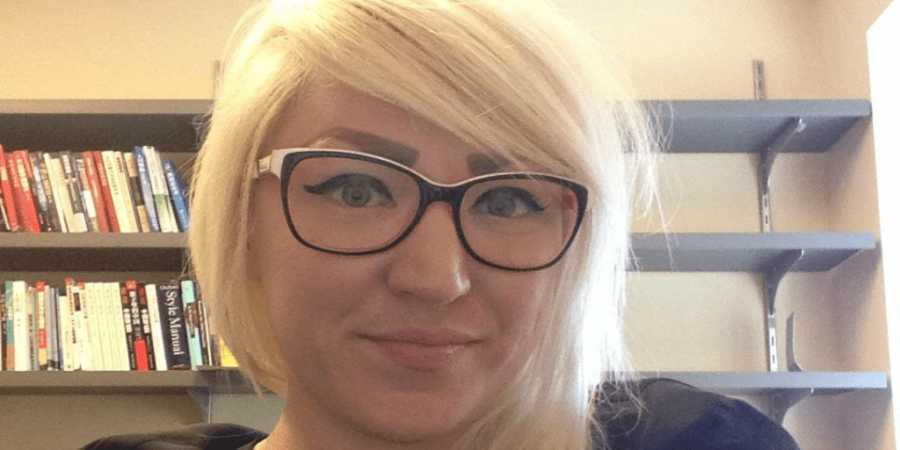According to Allah’s rules and laws women and men are equal with different duties and responsibilities in society. I believe that Western feminists have the wrong notion of what “equal rights” between men and women truly mean.
“I often read or hear that Muslim women are oppressed. How can you explain it, and What do you think about it?” – These are “the questions” that are typically asked of me, particularly from Western women who consider themselves progressive and/or feminist. This line of questioning occurs frequently when I am giving my talk about Islam or women in Islam to international students at Payap University—a Christian University in Chiang Mai, Thailand—where I work. Most of the students are American and they usually ask these types of questions out of curiosity and concern.
Here are my answers.
As a professional, I only deal with the first part of the question; “how can I explain (about the oppression),” in an objective manner. I do not respond defensively but academically in order to avoid offending my interviewers. I explain that the question derives from both misunderstandings and ignorance about Islam. In fact, Islam is the religion that prevented people in Arabia (1,430 years ago) from routinely killing off their daughters. Islam sought to ensure that women have rights over their properties and to emphasize that men and women are equal in the eyes of Allah (God). Islam says the best among men are those who have one wife and be fair to her (Quran;Al-Nisa). That people cannot judge true Islam from Muslims who have mingled Islam with local traditions or customs. Islam has a dress-code not only for Muslim women but also for Muslim men. However, “the veil” for Muslim women may be the most misunderstood of all and may make Muslim women look oppressed in the eyes of non-Muslims. However, after earnestly studying Al-Quran and Hadith (Islamic Holy Scripture and the Prophet’s practices) 11 years ago, I myself started wearing the veil because I totally agreed that the particular Islamic rule is truly for a woman’s own safety and protection of her mind and body.
Regarding the second part of the question –“what do (I) think about (the oppression)”—I wish to reveal my personal thoughts, not only to a person or a group, but to the entire world especially the West. Here is what a Muslim woman thinks when it comes to the term “oppression.”
I am constantly perplexed as to why non-Muslim women/feminists link the veil or the high covered-up dress with oppression or repression. I proudly wear them because they are a sign of submission to Allah. I believe that this sentiment is shared by Muslim women all over the world. Moreover, when I am wearing the veil, I feel I have control over my own body and my appearance. I never have to be concerned with how people will think about my hair or birthmarks that I may have on my body. I have something deeply personal and special that I choose to share only with my husband. I feel immense pride and joy when I get a job or achieve something because it obviously came from my ability and intelligence—not because I have beautiful long legs, perfect skin tone, and big front or back bumpers.
On the other hand, I often wonder if women who dress up so openly or suggestively are mentally oppressed. They require men’s attention so much that they spend an inordinate amount of time trying to look the way they think that men want them to look. They work hard to save to undergo cosmetic surgeries just to earn men’s admiration for the (fake) beauty. They eat only half of what they want to eat, just to maintain sexy figures for men’s eyes. They must be aware of how they look all the time. Perhaps they are repressed! Their beauty is available not only for men in their family, but all men everywhere who can see through them without using any bit of imagination. Their husbands should be depressed!
I have never understood why some women eagerly allow men to use them. They allow men to use their beauty in many ways as if they were objects or products to sell. I never understand why Western feminists try to convince me to stand up and fight for my rights when I already consider myself as equal—sometimes even superior in my households. According to Allah’s rules and laws women and men are equal with different duties and responsibilities in society. I believe that Western feminists have the wrong notion of what “equal rights” between men and women truly mean. This has resulted in the breakdown of the family structure which is leading to the collapse of many societies. I believe that Muslim women of the world do not want to see our families and our society follow this destructive path.
In closing, I would like to ask our feminists sisters—who think that Muslim women are oppressed or repressed—not to feel or think for us. Rather, please ask us how we feel or think. We will be happy to tell you, though you may not agree with our answers but we can learn from each other and be friends with different viewpoints. Please note that while you are looking at us sympathetically, we are also looking back at you and feeling the same way! But we may not be as vocal about it.
Kannaporn Pam Akarapisan is a program coordinator and instructor at the Institute of Religion, Culture and Peace, Payap University, Chiang Mai, Thailand.



